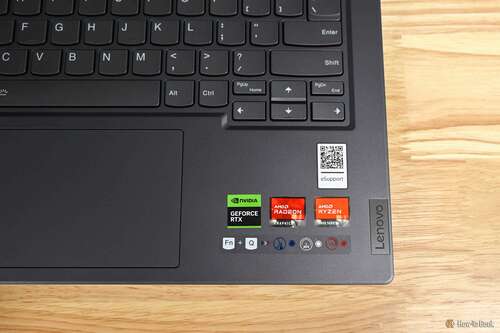
Last year was huge for AMD. The company launched two new architectures, Zen 3+ and Zen 4, with the latter becoming available to users through the Ryzen 7000-series CPUs on both desktops and laptops. The chips themselves represented a huge improvement from their predecessor, with clock speeds going up to a whopping 5.7 GHz. Now, AMD is launching the new Ryzen 8000 CPUs, although they’re probably not as big of a change as you’re expecting.
AMD just took to its big AI-focused event to launch its Ryzen 8000 lineup of CPUs. With these chips, AMD is promising “best-in-class x86 processor performance,” but the best way to think of these is to see them as souped-up versions of the company’s previous Ryzen 7040-series chips. That’s not necessarily a bad thing, as Zen 4 is only one year old and it’s still a very fresh architecture, but it’s definitely a lesser upgrade compared to other releases.
As for the chips themselves, the lineup starts with the quad-core Ryzen 3 8440U, which has 12MB of total cache, a 28W TDP, and clock speeds that can go up to 4.7 GHz. The best chip in this series is the Ryzen 9 8945HS, which comes with eight cores clocking up to 5.2 GHz as well as 24MB of total cache and a TDP of around 45W. Silicon-wise, they’re not really upgrades compared to previous chips. The Ryzen 9 8945HS, in particular, seems to have the same specs as the Ryzen 9 7940HS.
So what is different, then? For starters, AMD is touting a Ryzen AI NPU built right into the chips’ die, which will likely come in handy as AI becomes bigger in our operating system. Windows, in particular, is rumored to be coming with a new major release soon that will have some on-device AI features that will likely necessitate a dedicated NPU, and this could come in handy for that. Other than that, there’s not a lot to be seen here. As with the Ryzen 7000 APUs, there are RDNA 3 graphics and Zen 4 cores, and there’s not a lot changing otherwise.
Laptops coming with Ryzen 8000 CPUs are coming next year, and some, admire this one from Acer, have already been announced.
Source: AMD

